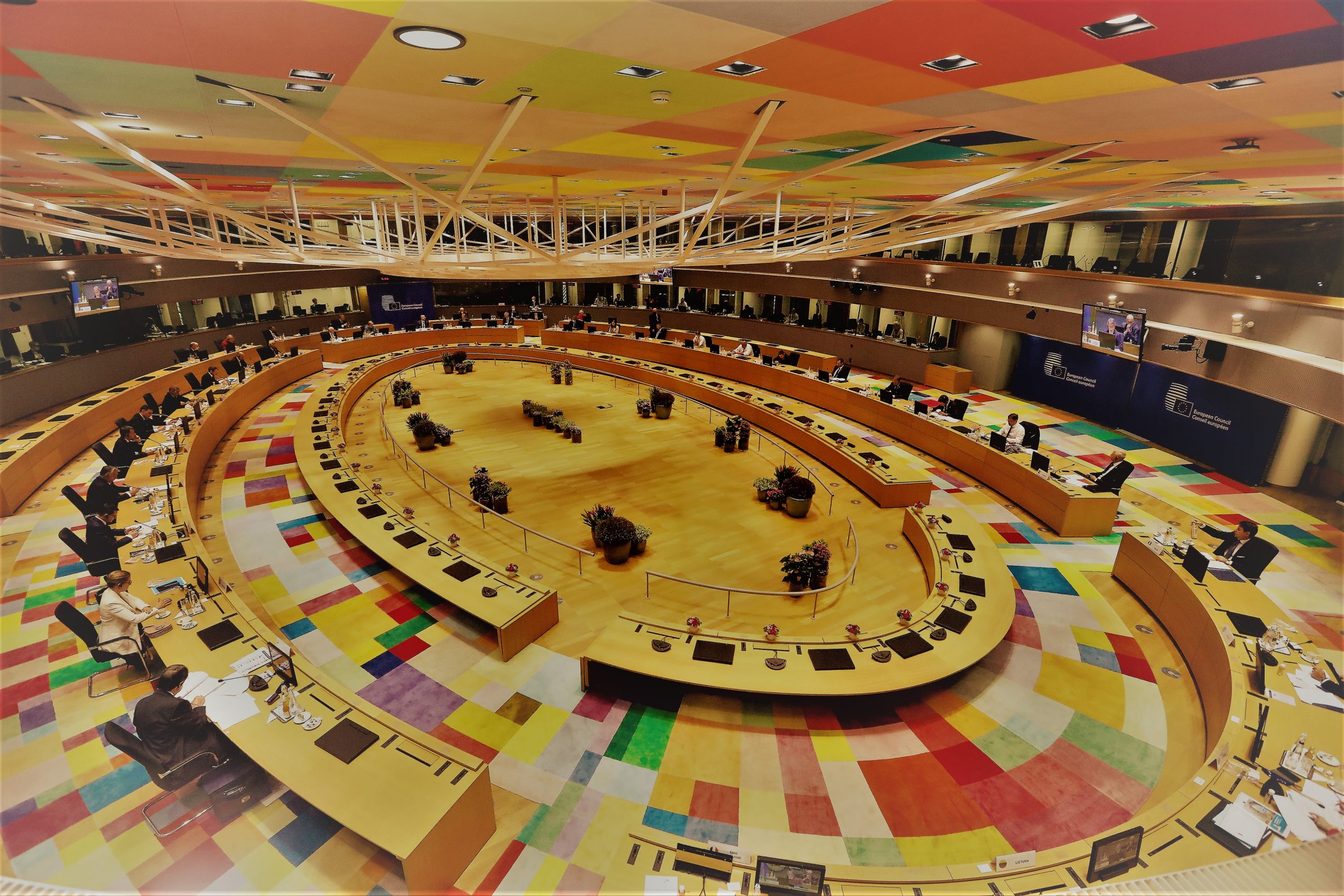This is a weekend that could go down in History. An innovative historian could, one day, decide to date this first weekend of October 2020 as the moment when Europe woke up while the United States began its decline, because finally, he could argue that…
Confronted with a staggering accumulation of geopolitical challenges, those days the European Union was able to close its ranks on the Turkish and Belarusian issues. It was able to do so, even though little Cyprus, in order to force its 26 partners to defend it against Turkey which was drilling off its coasts, had just vetoed the sanctions that the Union intended to take against the Belarusian leaders.
The Union had been ridiculed because of it.
As so many times before, a truckload of articles had lambasted its impotence, had they not been burying the EU altogether, but in the end the member states had been able to lift the veto of Cyprus by committing themselves to consider, within three months, sanctions against Ankara if the Turkish president continued to throw oil on the fire everywhere. The Union had thus been able to punish the Belarusian officials, guilty of brutally repressing their people after rigging an election. The Union had, at the same time, brought together France and Germany who had publicly diverged on how to deal with Recep Erdogan: through diplomatic contacts or by military posturing. Not only had the Union finally been able to speak with one voice on its two most burning foreign policy issues, but it had, by the same token, shown the extent to which its desire for common sovereignty was constantly gaining ground.
Since the election of Donald Trump, the taboos on the ideas of a European Defence and a European industrial policy had fallen in Brussels because it was a fact that the American umbrella had been pierced and that the United States was turning the European Union into an economic competitor as hostile as China. As necessity is the mother of invention, the Union had experienced an epistemological shift since 2016. The pandemic had precipitated this turning point by imposing common loans and a common recovery plan, and now a common diplomacy was taking shape.
Yes, common, because, in addition to Belarus and Turkey, there were also China, Iran, Russia and the priority given to the fight against climate change. The aggressiveness now shown by China had led Germany, even Germany, whose prosperity depended so much on Chinese exports, to raise its voice against Beijing as much as the 26 other EU member states did. With regard to Iran, it was as a common bloc that the 27 separated from the United States. On Russia, the idea tended to impose itself on everyone that it was necessary not to yield anything in the short term and to affirm a desire for rapprochement in the long term. As for the fight against global warming, it determined the Union’s industrial and budgetary policies.
Because we were entering the phase of the political union, a lot of disputes were coming up. Everything was still to be done but, in addition to the common market and the single currency, all this was beginning to make the Union a player on the international scene and this historian who had chosen to highlight this first weekend of October 2020 could then depict the contrast with the United States because…
That same weekend had been that of the hospitalization of the president who had so ardently denied the danger of the Covid-19 by ridiculing and refusing to wear the mask. Donald Trump was being punished for his sins, and before it was even known how his illness would evolve, two observations were obvious. The first was that a large part of America had also rejected the prescription of the mask as an attack on American liberties and on the American way of life, imposed by culturally mixed elites lacking any virility. Suddenly, the depth of the American rift had become undeniable and, faced with this president who had been weakened and refuted by the pandemic, the world realized that the United States was no longer in control and that it was Europe that was facing, alone and without an army, the return of the major regional players in a world where unilateralism had become the law again.
This future historian will know what happened next. The worst? The best? We cannot know it today, but after the first weekend of October 2020, American democracy appeared to be very sick, and it was the Union’s responsibility to defend a global model that was under threat from all sides.




